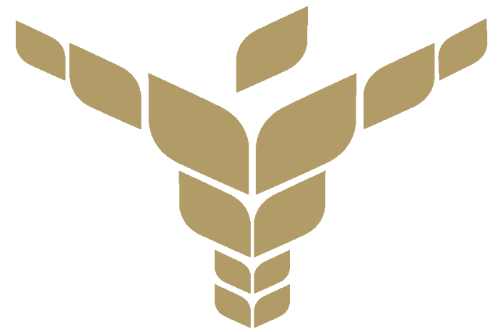In many gyms, the hyperextension has a bit of a therapeutic image. If you do this exercise, it is because your physical therapist has advised you to. But real members of the iron tribe who do not need a physiotherapist, of course, do not do the hyperextension. They are going to deadlift. Yes right? Thought wrong, Norwegian sports scientists discovered.
Pearls of Wisdom
Pearls of Training Wisdom from Ed Coan, Charles R. Poliquin and Matt Wenning
Bench Press
Correct Grip Width
Grip width is a function of your biomechanics and needs to be set according to this. Biomechanics change from athlete to athlete due to shoulder width, length of the humerus and length of the forearms. A simple way to figure this out is to go into your natural push-up position, the body automatically selects the grip width you’re the strongest in and feels the best. That’s your competitive bench press grip. Just because you´re allowed to grip wider doesn´t mean it’s good for you.
Bench More with Structural Balance
Train your rotator cuff muscles and scapular retractors for a big bench and healthy shoulders. How are you supposed to bench big weights if you can´t even stabilize them? That’s like putting a Lamborghini engine into a Civic while still relying on the Civic’s breaking system. You´re just begging for an injury.
Drive your head into the bench on the concentric phase of the lift
This activates your neck extensors and puts another 2-7 kg on your bench. Strong neck extensors potentiate every upper body lift.
Squat
Always keep your Sternum high
And pick a spot somewhere in front of you that’s slightly above to look at. This ensures that your head is high at all times. Your eyes dictate where the body goes. Look down and you’ll round forward.
Warm up your weak and/or inactive muscles before you train
Pick 3 exercises to address them and try to get those muscles working. Don’t smash yourself on the warm up, just potentiate those muscles. If you sit on your ass the whole day your glutes are most likely inactive and the lower back will take over a large portion of the work. I´m sure you experienced this at some point: your lower back is completely fatigued after squatting. That’s because your glutes are not firing.
60-70% of your total training volume should be traction based exercises for your spine
Heavy squatting and deadlifting always compress your spine so make sure you decompress it when doing your accessory work for more longevity.
Deadlift
The deadlift has a disadvantage to the bench press and the squat
This is because there´s no eccentric movement preceding the concentric phase. In the other two lifts it´s possible to correct your form on the way down but with deadlifts you can’t. That’s why the starting position is most important.
Deadlift cycles are the shortest due to their demand on the nervous system
Stretch your hip flexors statically before deadlifting
This will put another 5-15 kg on your deadlift. Tight hip flexors inhibit the strength of your hip extensors.
